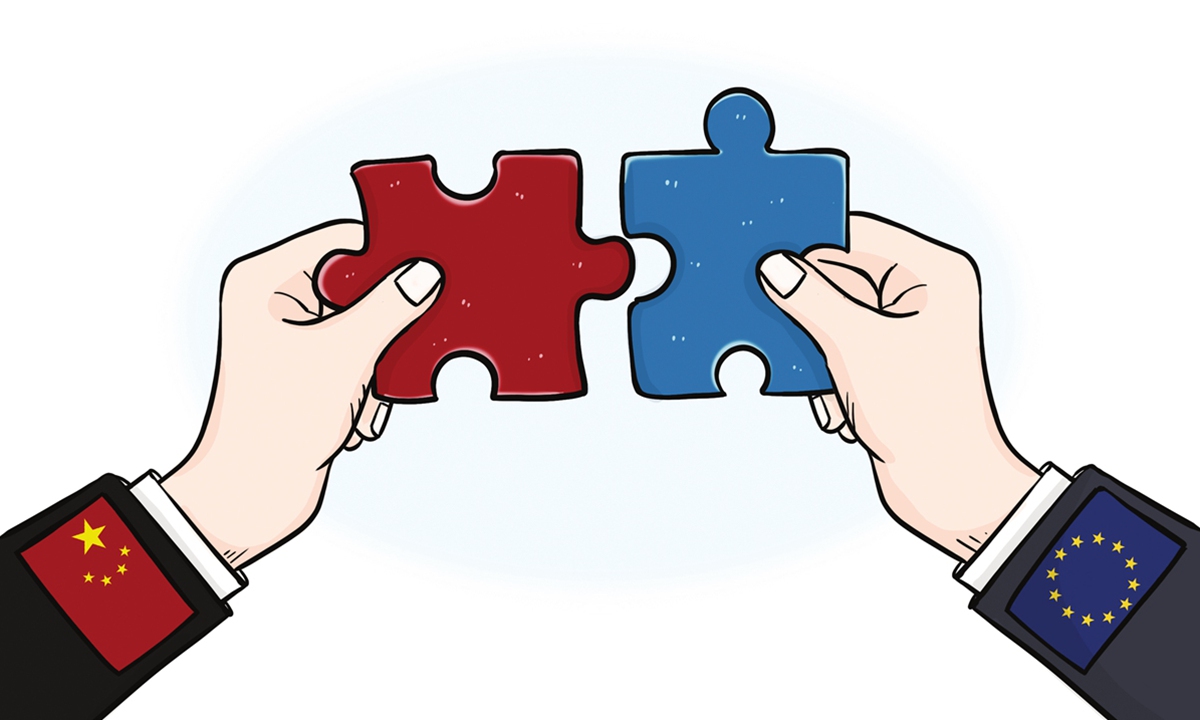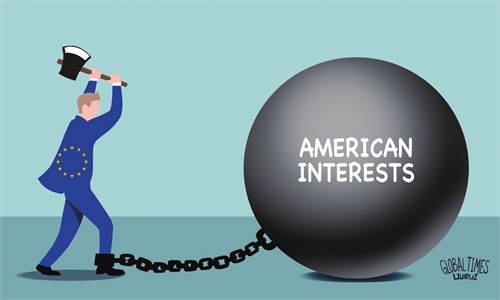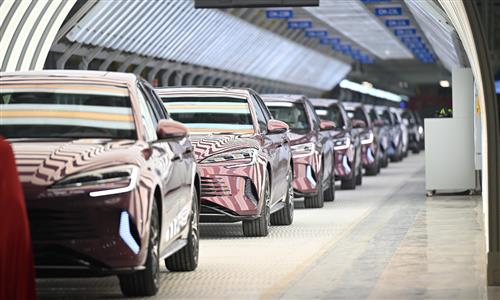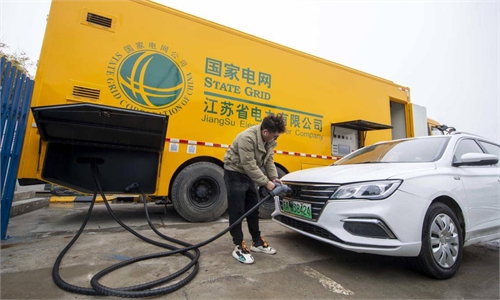
China EU relations
The world is undergoing unprecedented changes, changes not necessarily liked by all. EU foreign policy chief Josep Borrell expressed concern about multipolarity without multilateralism in his blog. He noted that in a more and more multipolar world, multilateralism is in retreat. To him, it is a paradox that while the number of participants in the game increases, the rules governing the world are running out of steam.To be fair, multipolarity or the participation of more countries in world affairs, can be seen as a manifestation of democracy in international relations and should be welcomed. Multilateralism is indeed essential to making the world order better serve the interests of all humanity. However, one needs to understand what factors are undermining multilateralism before attempting to revive it.
Posing a threat to multilateralism is unilateralism and hegemonism, nothing else. Over the past decades, the US, the world's only superpower, has acted unilaterally for its own interests, starting wars without UN authorization, withdrawing from multilateral treaties or organizations as it sees fit, imposing unilateral sanctions at the cost of the livelihood of other nations, and even suppressing foreign companies simply because they are more competitive. The US is no longer a champion but a violator of the post-war multilateral system whose actions have seriously weakened the UN-centered multilateral framework.
Multilateralism requires the observation of rules. However, when people talk about rules and a rules-based international order, they need to be clear what the rules are. Are they the rules enshrined in the UN Charter, international law, or some self-made rules by a superpower or a small group of powers? At the core of multilateralism is the UN and international law. Multilateralism will be shaken if countries are allowed to do as they wish, bypassing internationally recognized norms. This is what is happening in the G7, AUKUS, and many other blocs led by the US.
Globalization has reshaped the international landscape. Emerging economies now account for half of the world's GDP and contribute to over 60 percent of global growth. The redistribution of wealth leads to the need for reform and improvement of global governance. The time when the club of the rich makes the decisions is over. At the same time, the Global South is also breaking silence on the political front. With conflicts ongoing in Ukraine and Gaza, countries have made their voices heard, criticizing the double standards of the West.
While this ever-changing world urgently needs new rules, the US refuses reform and blames other countries for cooperating under regional or minilateral frameworks. In fact, this kind of cooperation advances, not undermines, multilateralism. For instance, the launch of RCEP is a major step toward trade facilitation and a major growth driver for the world's largest free trade area. The concept of open regionalism has guided ASEAN in practicing multilateralism. Thanks to BRICS, Shanghai Cooperation Organization, and the Belt and Road Initiative, countries are making equal-footed and constructive efforts to achieve mutual benefits. This is beyond reproach as the cooperation is open, for the common good, and consistent with the purposes and principles of the UN Charter.
Effective multilateralism calls for major-country coordination, which has been absent for too long. At the worst time of the global financial crisis back in 2008, the G20 served as a primary platform for major economies to pull the world out of the crisis through cooperation. In sharp contrast, ever since the outbreak of COVID-19, there has been no coordination or collaboration, but finger-pointing. As a result of the US trying to hold China down politically, economically and technologically, the world sees increasing division and tension. The EU's characterization of China as a systemic rival does not help either.
Like it or not, the world is changing. Multipolarity is happening before our eyes. Rather than worrying about the changes, it is time for the EU to consider what should be done. As a supporter of multilateralism, the EU has a natural partner, China. The two sides can open a new journey of upholding multilateralism together. This is a journey of building closer business ties and advancing globalization. A commercially-linked world is less likely to fall into chaos. This is a journey of increasing political and security cooperation. A war-torn Ukraine or Middle East benefits no one. On this journey, China and the EU should say no to unilateralism together and support reforms that will give the Global South more say and representation. It will not be easy but it will be worth it.
The author is an observer on international affairs. opinion@globaltimes.com.cn



